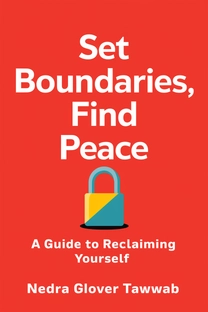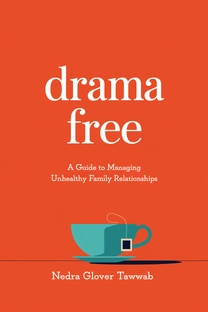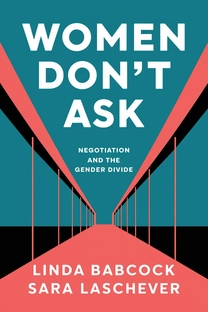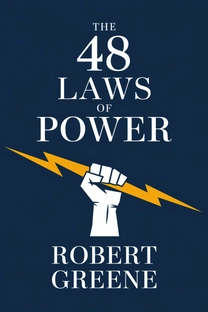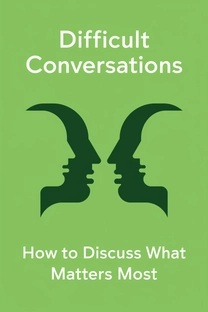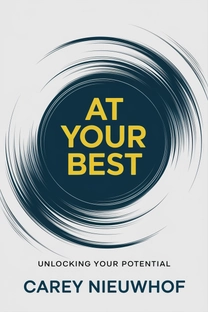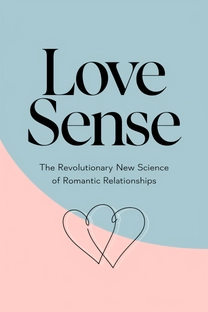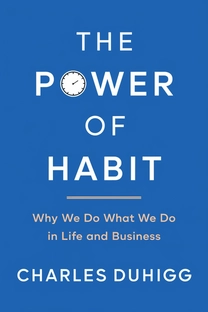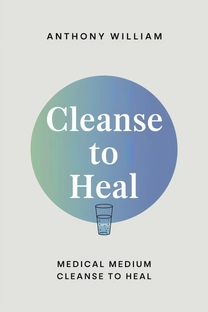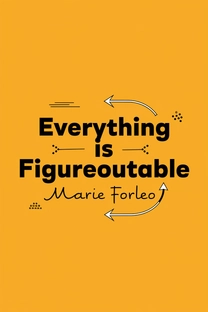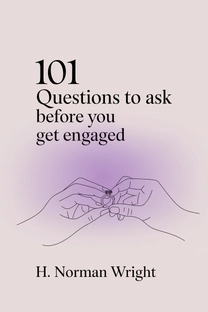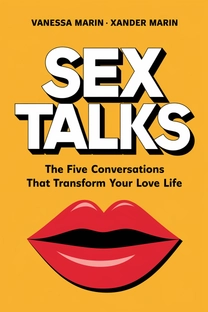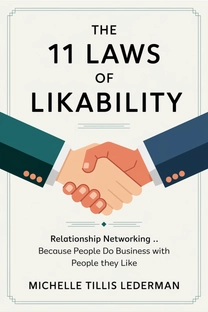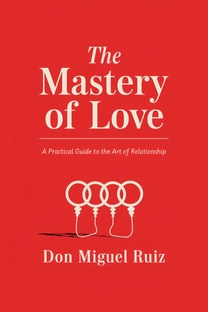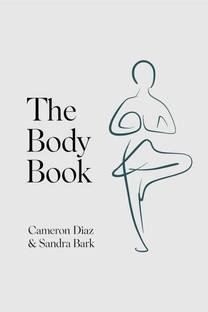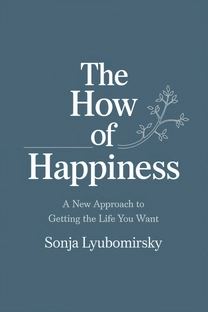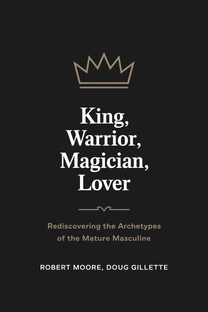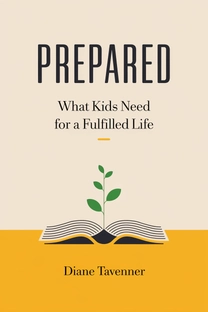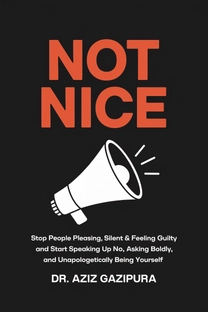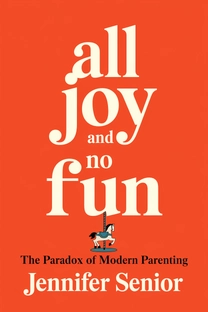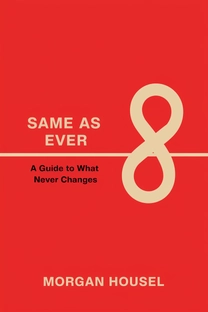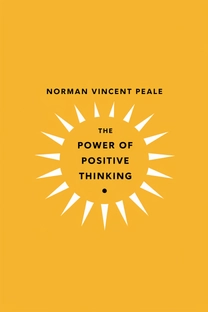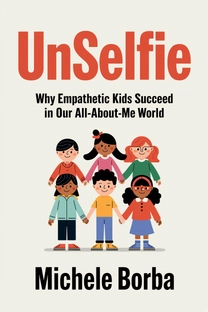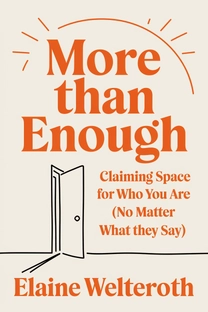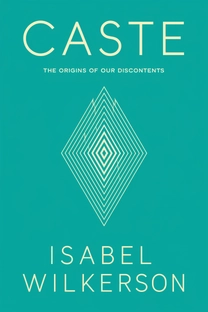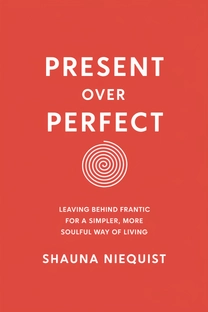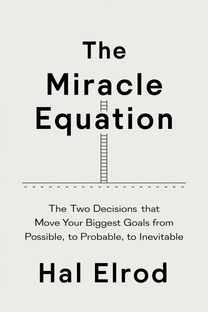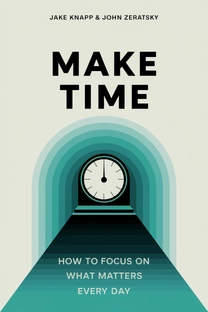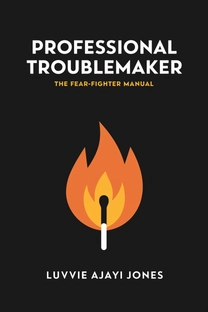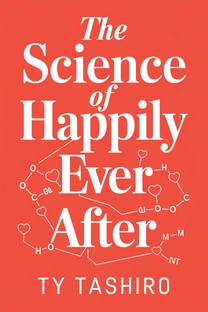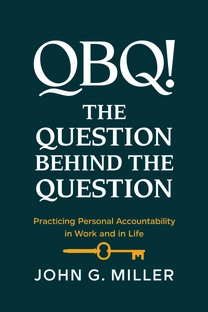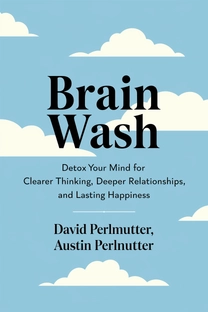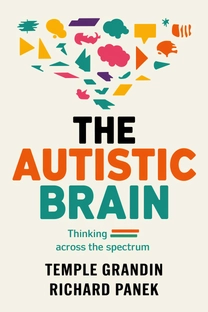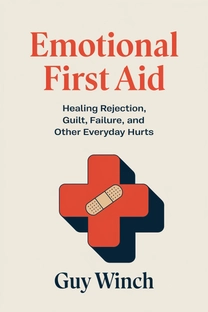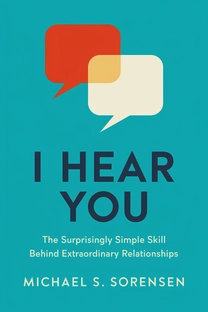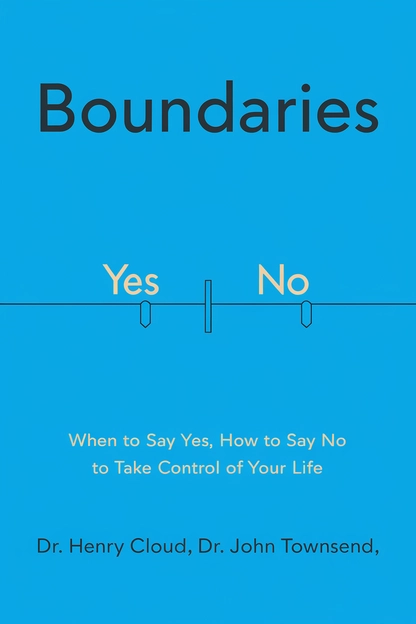
Boundaries
When to Say Yes, How to Say No to Take Control of Your Life
by Dr. Henry Cloud, Dr. John Townsend
Brief overview
This book explores the core principles of protecting our personal well-being by clearly defining where our responsibilities begin and end. It demonstrates why saying “no” can be an act of both kindness and self-respect, and how setting limits fosters healthier, more rewarding relationships. By reading it, you’ll see that boundaries aren’t about missing out, but rather about finding genuine balance and freedom.
Introduction
Most of us say “yes” way too often, fearing that refusing might harm relationships or job opportunities. Yet constantly bending to others’ demands can erode our sense of identity and wear us down. In these opening pages, we explore the importance of boundaries: the clear lines that protect our well-being.
Boundaries can be misunderstood as callous or selfish, but they’re actually a critical form of self-care. Just like a fence around a home keeps uninvited guests out, our emotional fences keep unproductive obligations and toxic influences away.
Many people live with lingering guilt over setting limits, branding themselves as unhelpful or unkind. Others worry that boundaries might push loved ones away. In truth, boundaries promote healthy ownership of our responsibilities and let us show genuine empathy without burning out.
Throughout this summary, you’ll encounter personal reflections on heartbreak, brokenness, and renewal, illustrating how boundaries are crucial. We’ll also highlight practical steps for clarifying your own needs, so you can love and serve others from a grounded foundation.
Why Boundaries Are Kindness
At first glance, boundaries can appear harsh, but they are often the greatest kindness. Saying “no” also says “yes” to the things that really matter, preserving emotional energy for what feeds your spirit. When we take responsibility for our needs, we can be truly present for others without feeling used or resentful.
A classic example is a family drained by carrying a member’s chronic issues. By constantly bailing that person out, though well-intentioned, the family robs them of the incentive to change. When each person faces individual responsibilities, there’s more room for real growth.
Boundaries protect us from harmful behavior and help keep relationships functional. Instead of letting frustrations fester, we clearly indicate what is acceptable and what isn’t. This clarity fosters respect and sincerity, nurturing deeper and healthier connections.
The good news? Boundaries don’t separate you from loved ones; they reduce the possibility of lingering anger or hidden resentments. Over time, you build greater reciprocity—each person respects the other’s dignity and space.
What is Boundaries about?
This book delves into the vital concept of setting personal limits, illustrating how boundaries help you reclaim time, energy, and emotional well-being. By clarifying where your responsibilities begin and end, the authors show why strategically saying “no” can lead to stronger and more meaningful connections, rather than isolation or guilt.
Grounded in a faith-based perspective, the book merges practical advice with spiritual insights, helping readers see that healthy boundaries create space for genuine relationships and balanced growth. Its core message is that defining your limits is neither selfish nor unkind—it’s a path to deeper respect for yourself and those around you.
Review of Boundaries
One of the standout strengths of this work is how the authors blend day-to-day illustrations with timeless principles. Readers learn practical ways to set limits in friendships, marriage, family, and the workplace—making the content immediately applicable. The authors also integrate faith teachings in a clear, relatable manner, showing that spiritual awareness can reinforce emotional health.
The writing style is refreshingly accessible, avoiding heavy jargon or theoretical tangents. Instead, it uses real-life scenarios that make the lessons easy to grasp. The book caters to anyone seeking greater clarity in their personal and professional lives, offering tools to navigate everything from overbearing relatives to workplace overload.
Ultimately, this is a recommended read for those who want a gentle but firm approach to self-care and relationship management. Whether you’re looking to reduce stress, deepen your faith, or simply communicate more honestly, the guidance here can help you build stronger, healthier boundaries.
Who should read Boundaries?
- Individuals in demanding careers who need a clear framework for work-life balance
- Couples striving for respectful communication and healthier emotional give-and-take
- Parents and guardians eager to model responsible boundaries for their children
- Faith-based communities seeking biblically aligned methods for personal growth
- People feeling overwhelmed by external demands and wanting a step-by-step boundary plan
About the author
Book summaries like Boundaries
Why readers love Mindleap
10-Minute Book Insights
Get the core ideas from the world's best books in just 10 minutes of reading or listening.
Curated For You
Discover your next favorite book with personalized recommendations based on your interests.
AI Book ExpertNew
Chat with our AI to help find the best book for you and your goals.
Reviews of MindLeap
Love how I can get the key ideas from books in just 15 minutes! Perfect for my busy schedule and helps me decide which books to read in full.
Alex R.
The summaries are incredibly well-written and the audio feature is perfect for my commute. Such a time-saver!
Jessica M.
Great app for personal growth. The insights are clear and actionable, and I love how they capture the essence of each book.
Chris P.
The app is beautifully designed and the summaries are top-notch. Definitely worth every penny!
Sarah K.


